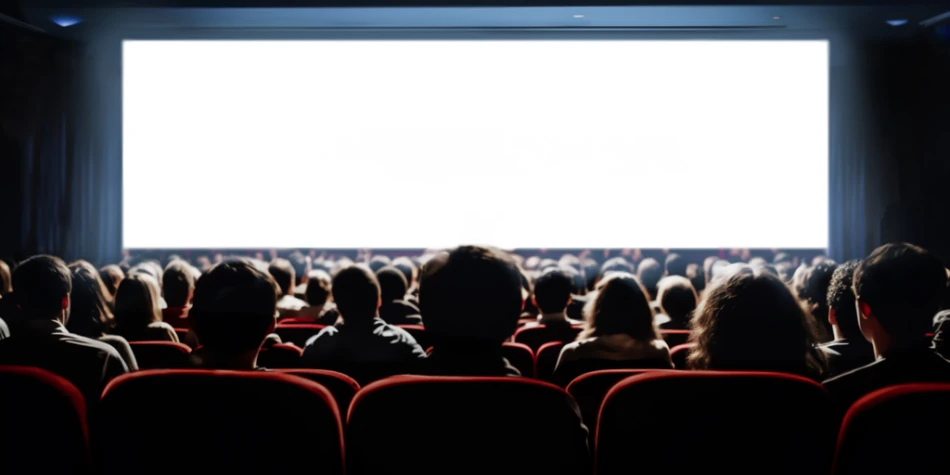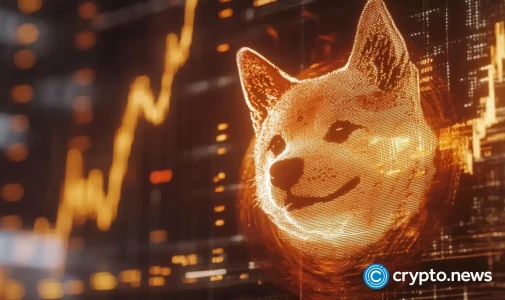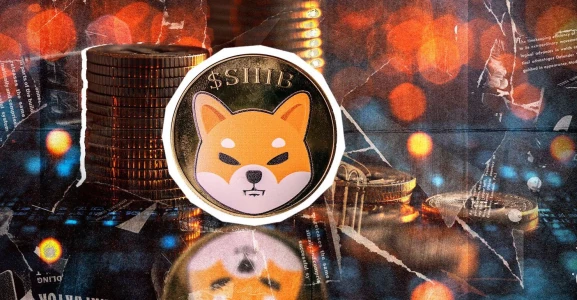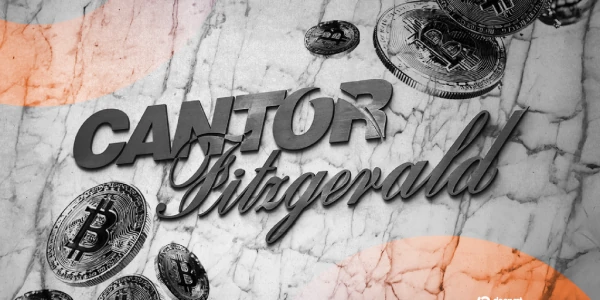
Navigating the AI Revolution: Challenges and Opportunities for the UK Film Industry
UK film industry grapples with AI fears as new report warns of job losses and copyright threats, while others see creative opportunities ahead.[...]
Brave New World: How AI Is Reshaping the UK's Creative Landscape
Generative AI Poses Threats and Opportunities for the British Screen Industry
The British film and screen sector is bracing for a seismic shift as the rise of generative AI technology threatens to disrupt traditional creative workflows. A new report commissioned by the British Film Institute (BFI) paints a complex picture, highlighting both the risks and potential benefits of this emerging landscape.
Copying Creators: The Threat of Unauthorized Content Mining
The report's authors warn that the unauthorized use of copyrighted material to train new AI models poses a direct threat to the economic foundations of the UK screen sector. By mining scripts, TV shows, and YouTube videos, these models are effectively replicating the structure and language of storytelling, allowing them to generate new content at a fraction of the cost. This raises concerns about the ability of original creators to create value from their work.
Job Losses and Evolving Roles
The potential impact on employment is a major focus of the report. Studies suggest that audiovisual creators could see their revenues decline by 21% in the next three years due to the growth of AI-generated content. The report also cites estimates that AI could disrupt over 200,000 entertainment jobs in the U.S. by 2026, with junior and entry-level positions being particularly vulnerable.
However, industry insiders like Phil McKenzie of Goldfinch argue that AI will ultimately amplify human creativity rather than replace it. They envision a future where AI-enhanced tools empower independent creators and reduce production costs, leading to a redistribution of value and opportunity rather than an outright decline.
Embracing the AI Revolution
The report acknowledges that positive steps are already being taken to ensure AI benefits the industry as a whole. Initiatives like the forthcoming Copyright Licensing Agency generative AI licensing solution and the work of startups like Human Native suggest the creative sector is adapting to the challenges.
UK Culture Secretary Lisa Nandy has also hinted at the potential need for new legislation to govern the use of AI in the creative industries, signaling that policymakers are taking the issue seriously.
As the British screen sector navigates this transformative period, a balance must be struck between harnessing the power of AI and protecting the livelihoods of creative professionals. With the right approach, this technological revolution could unlock new creative frontiers and empower a new generation of storytellers.
Most Viewed News








